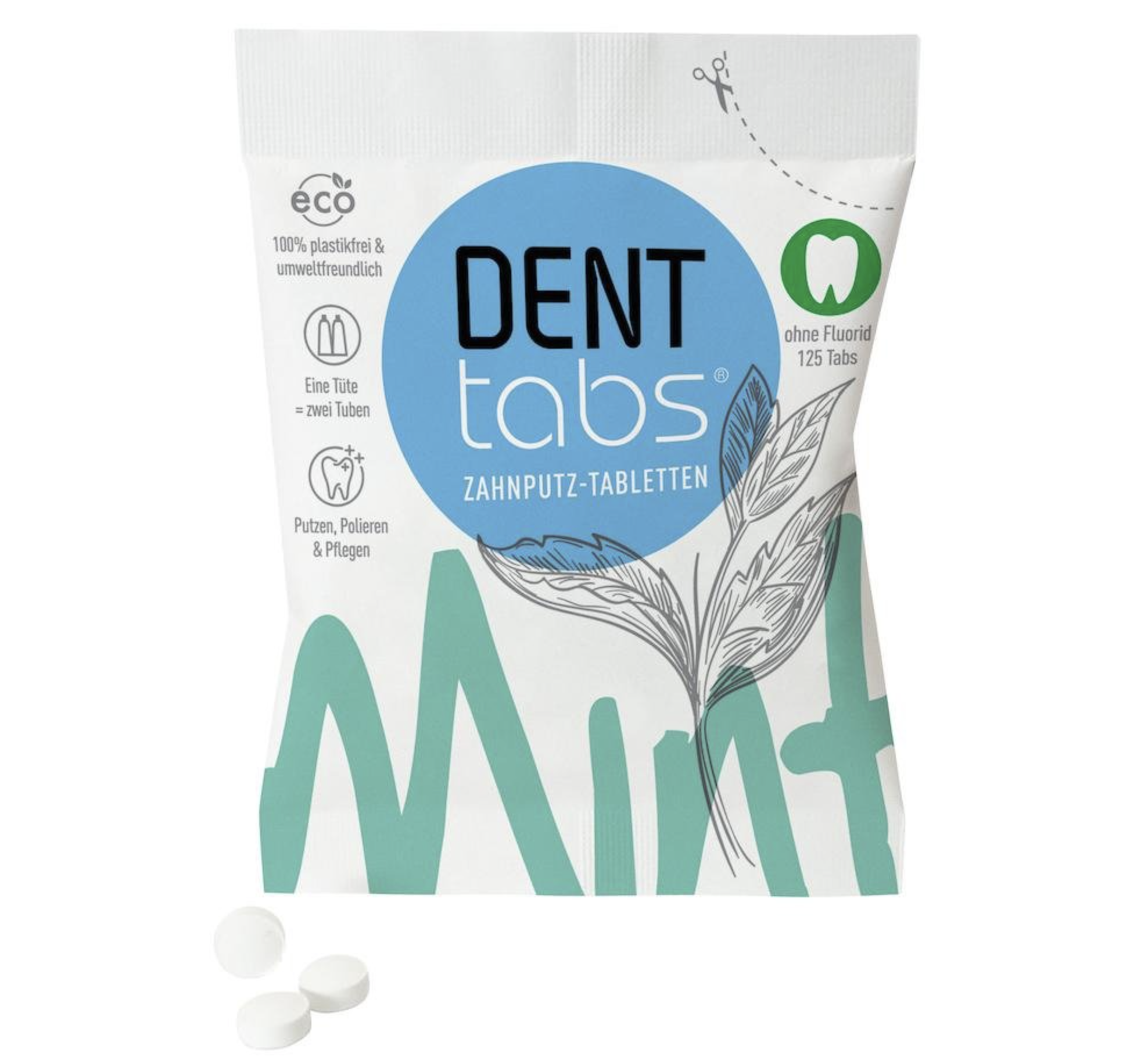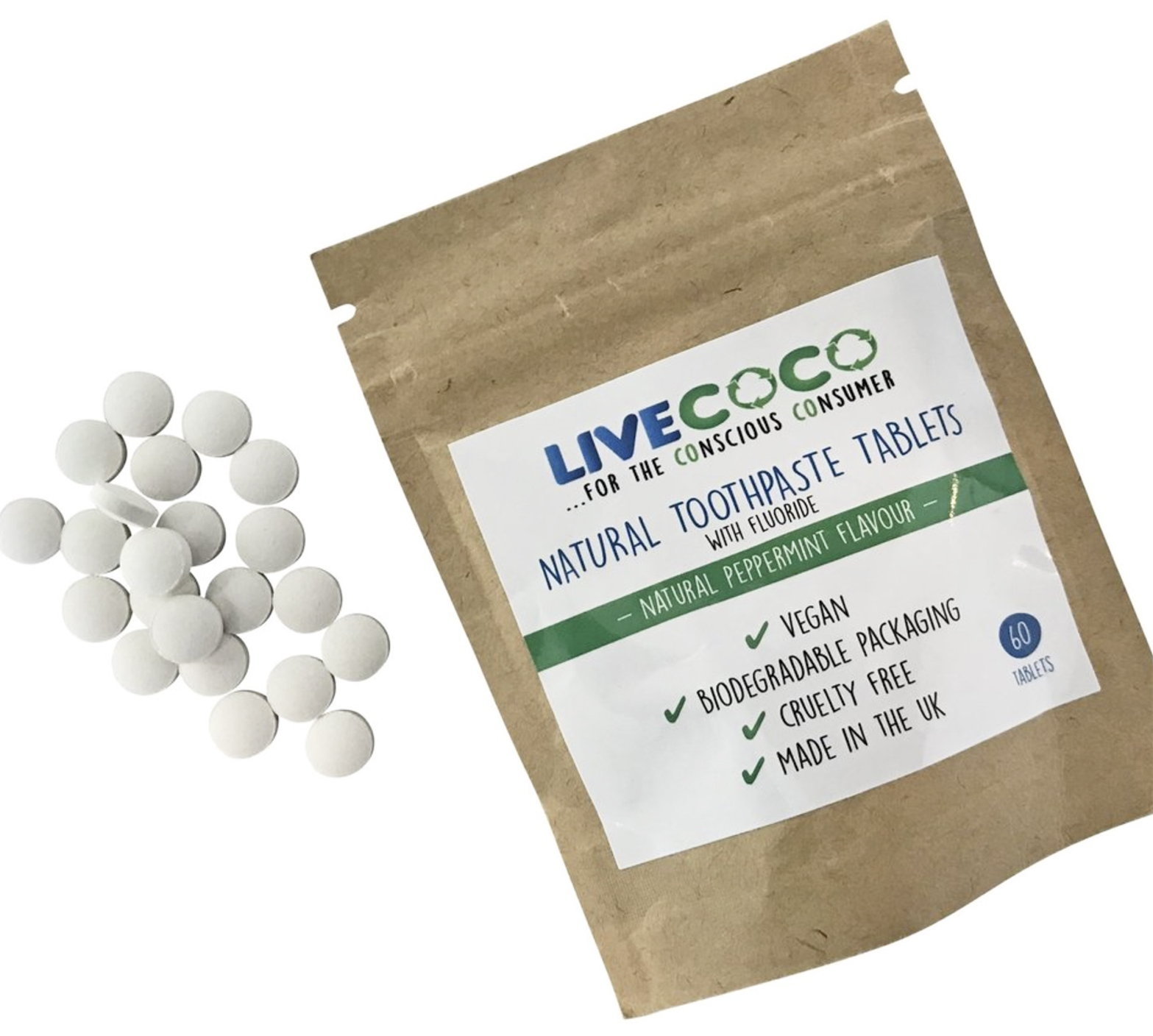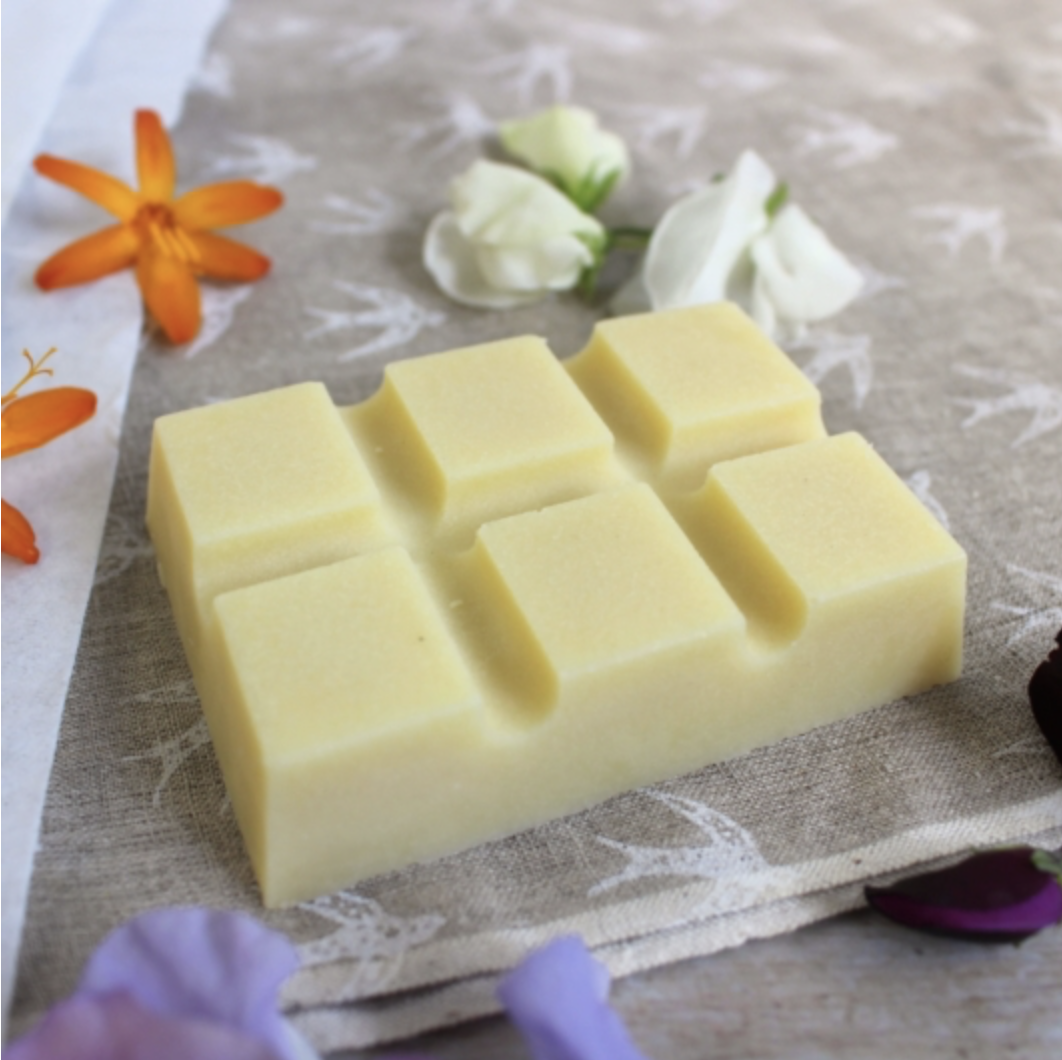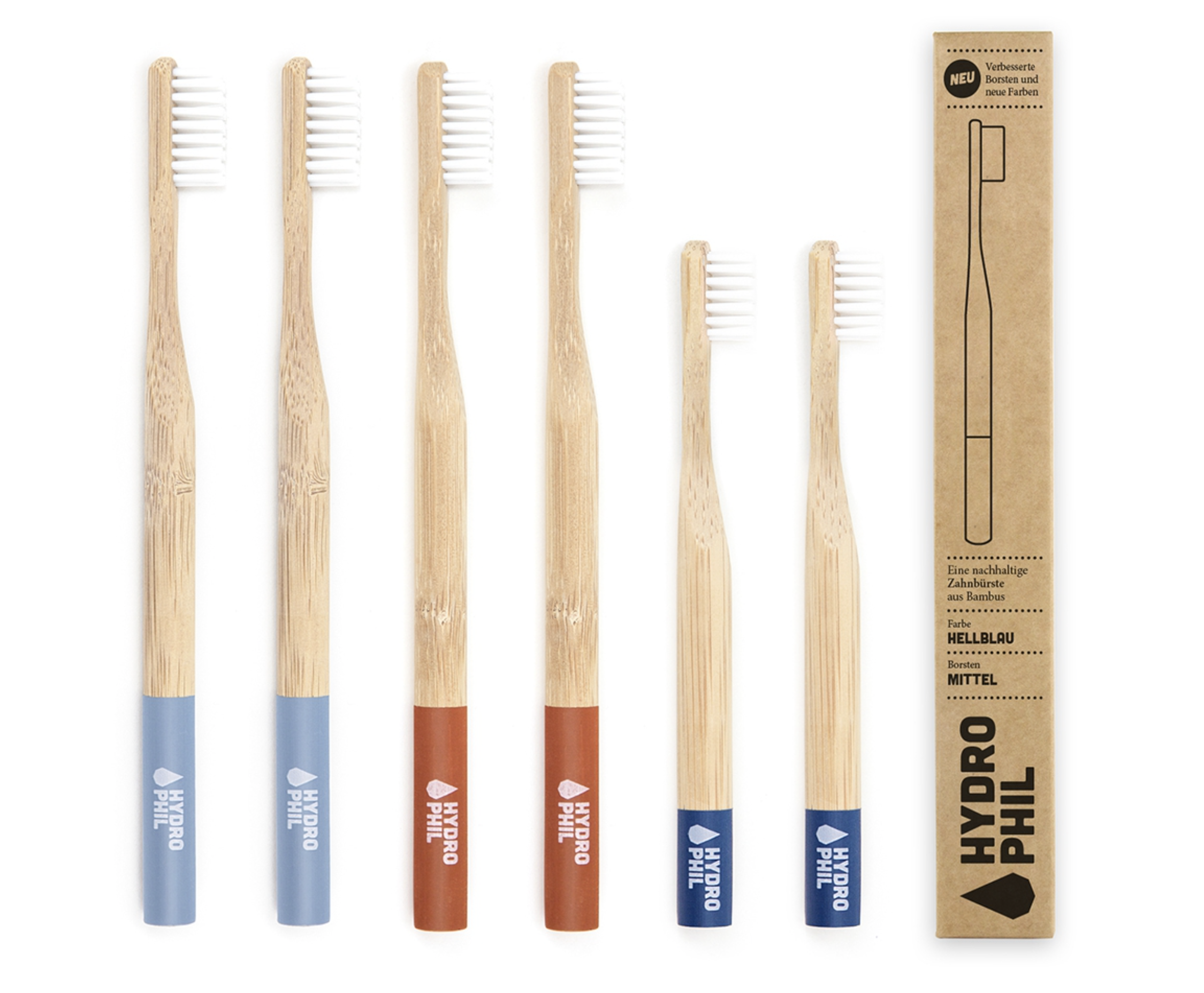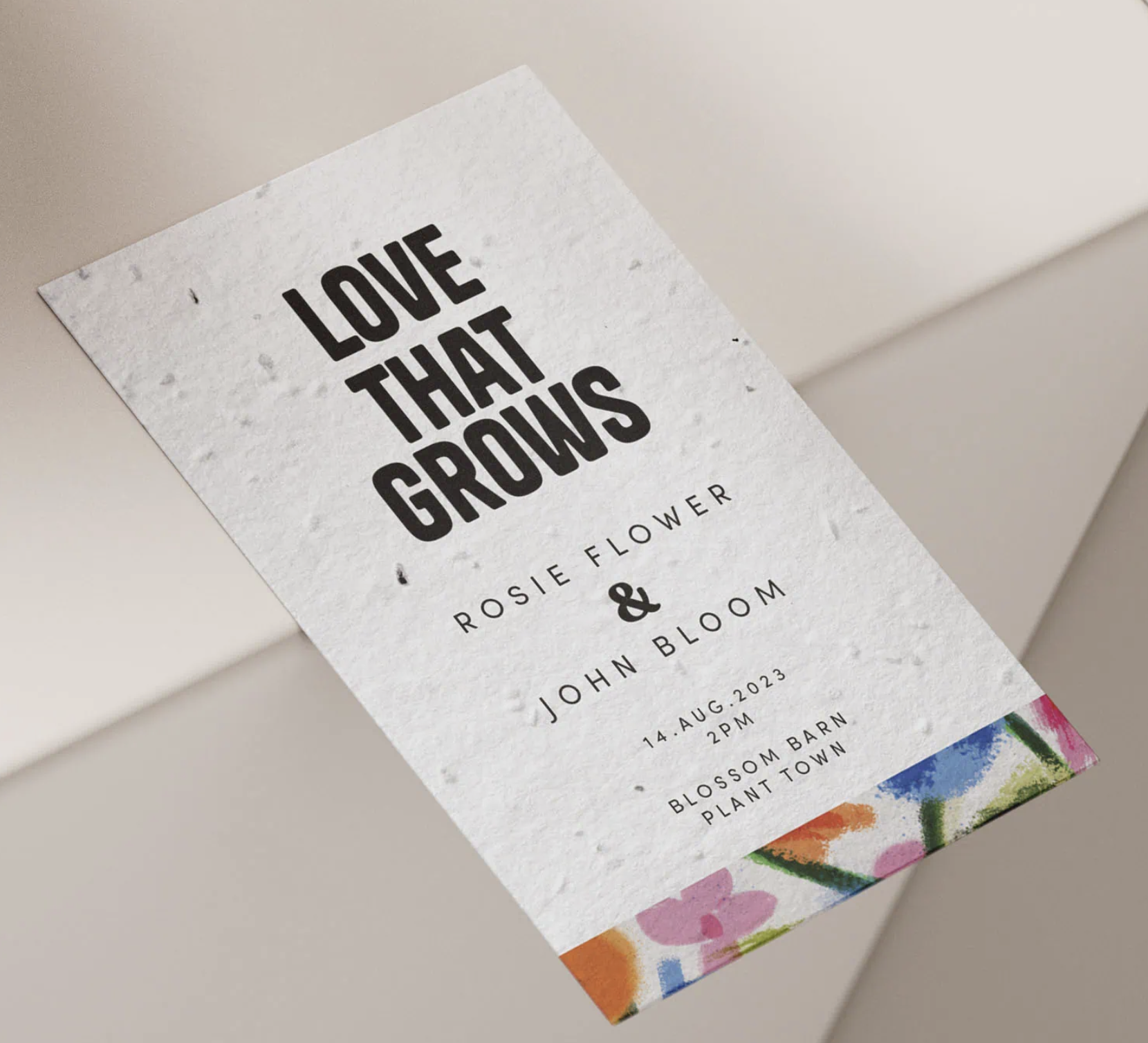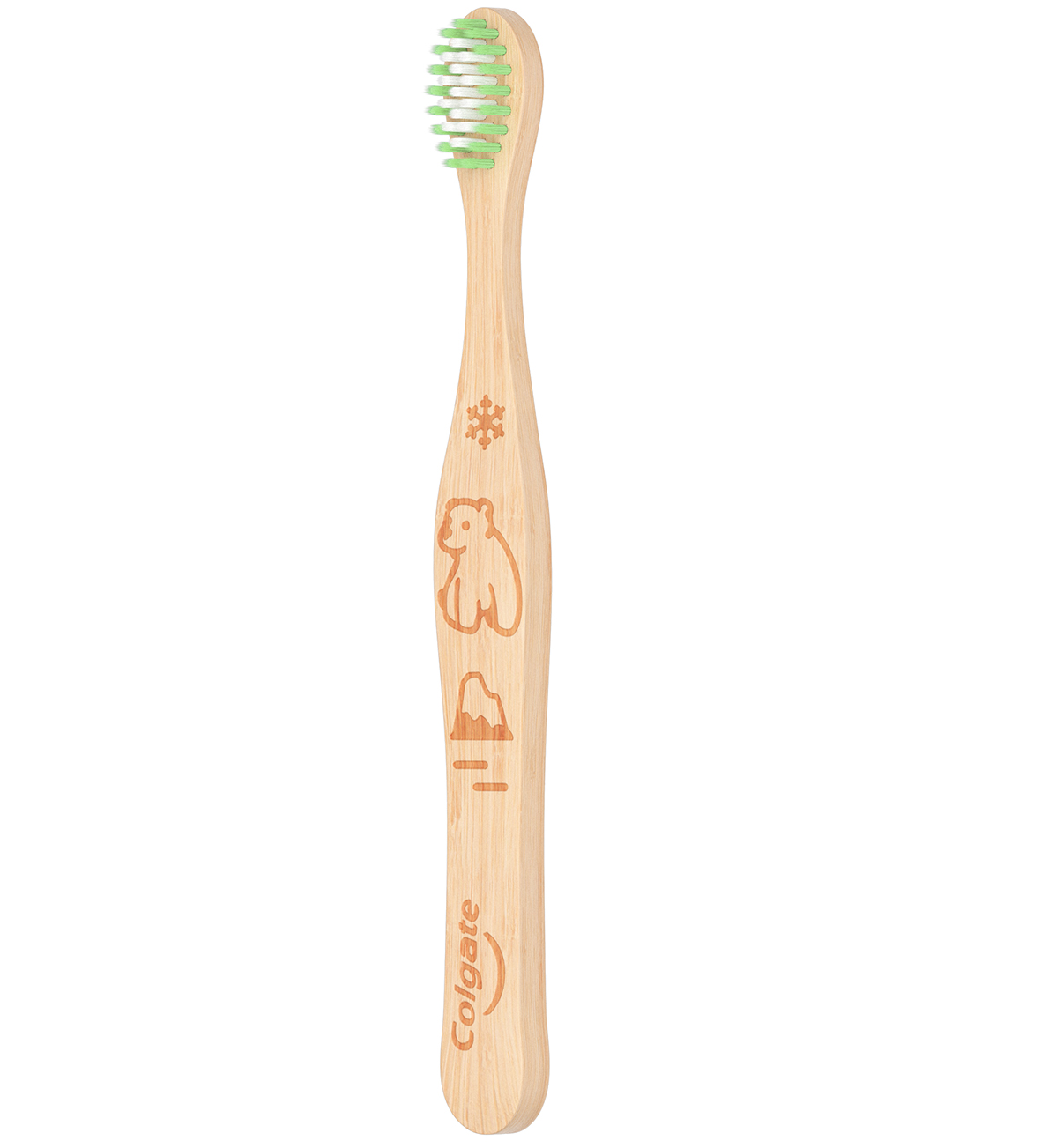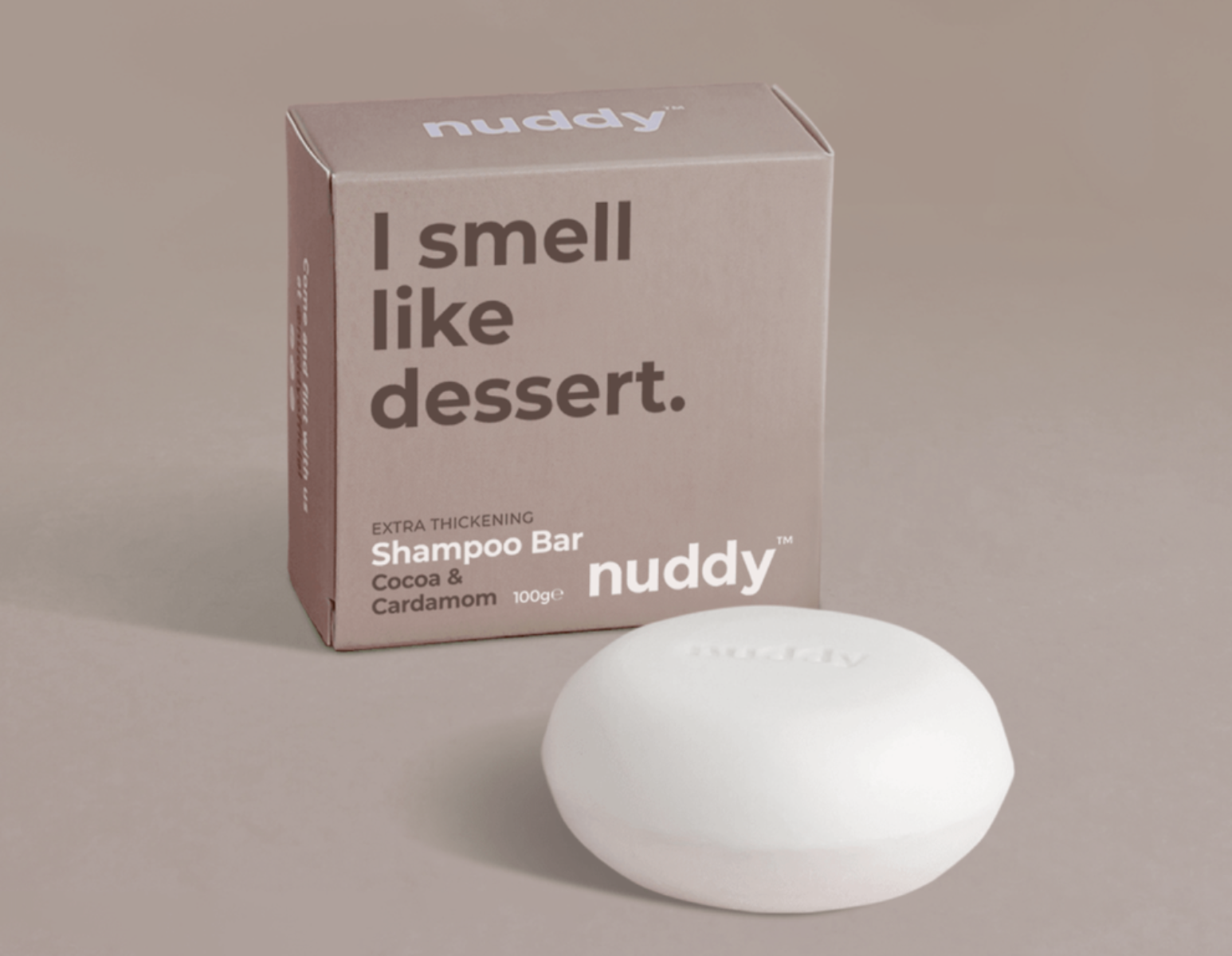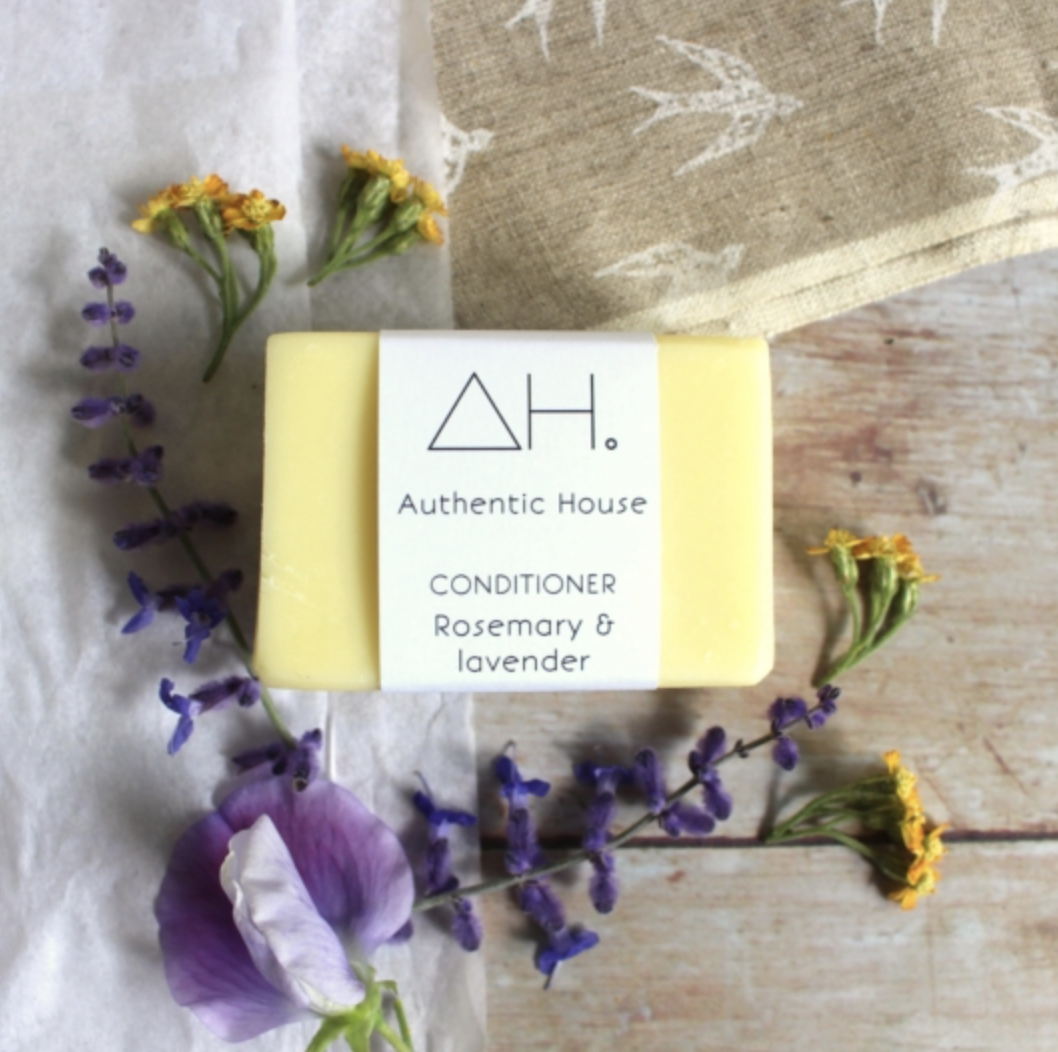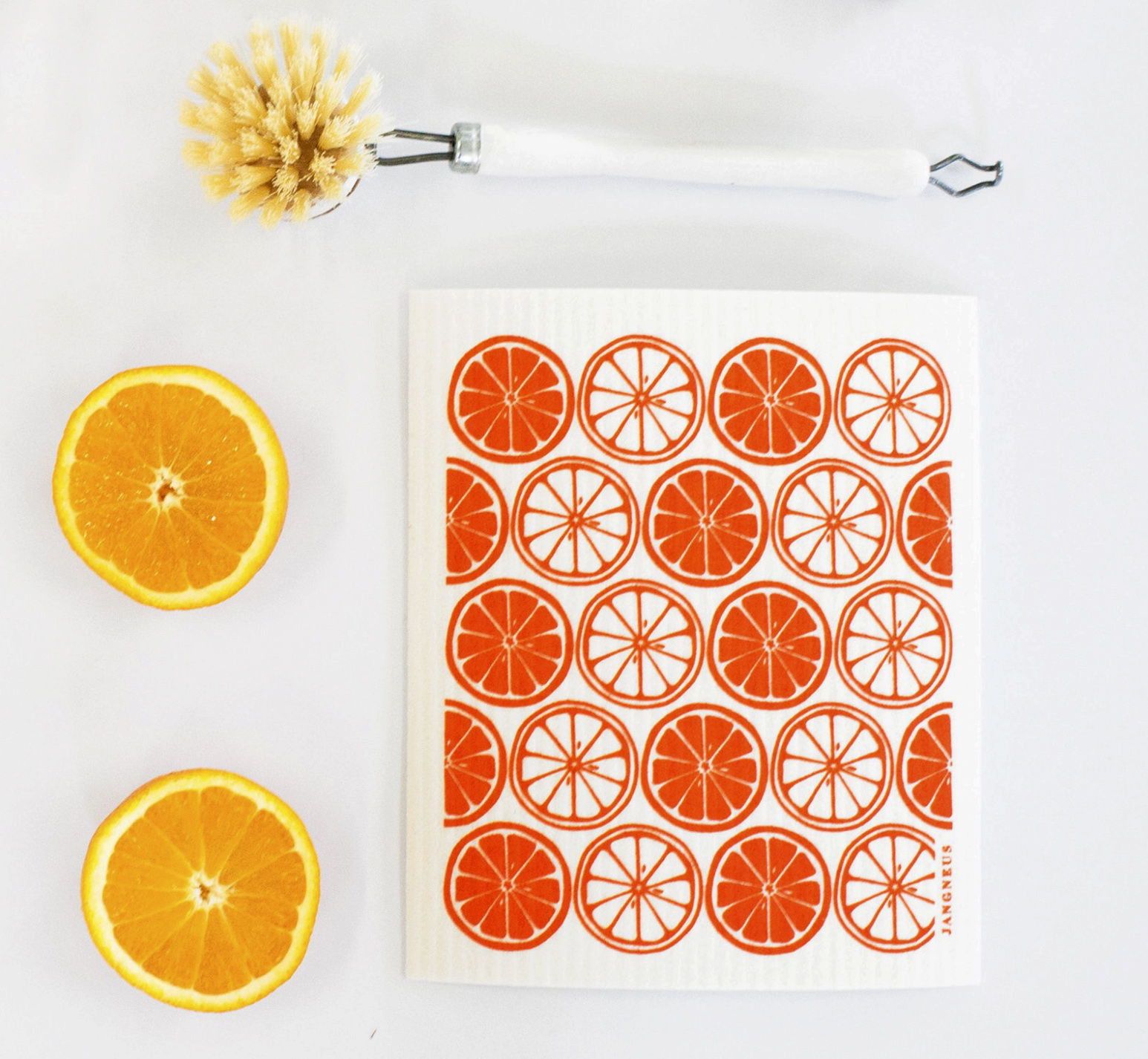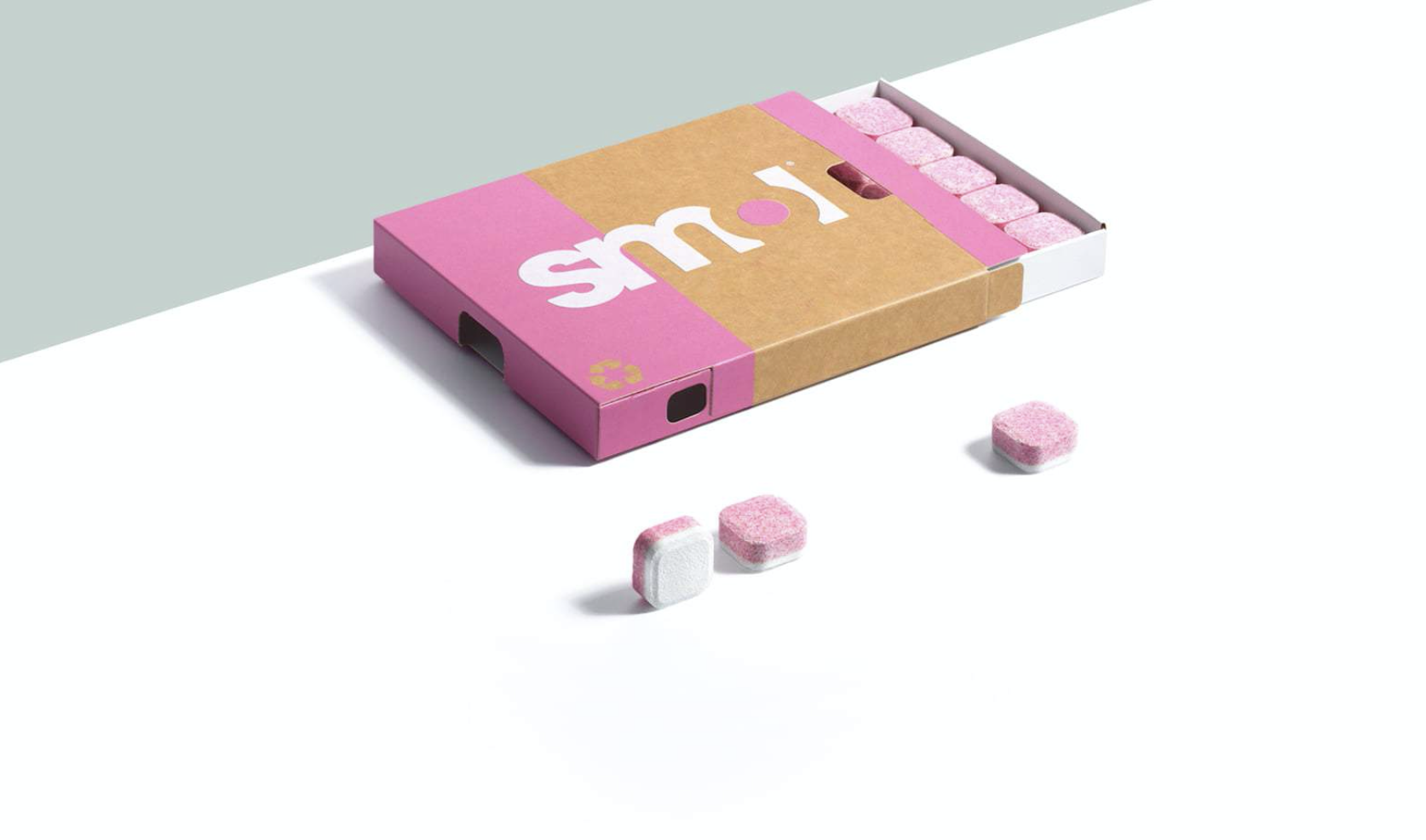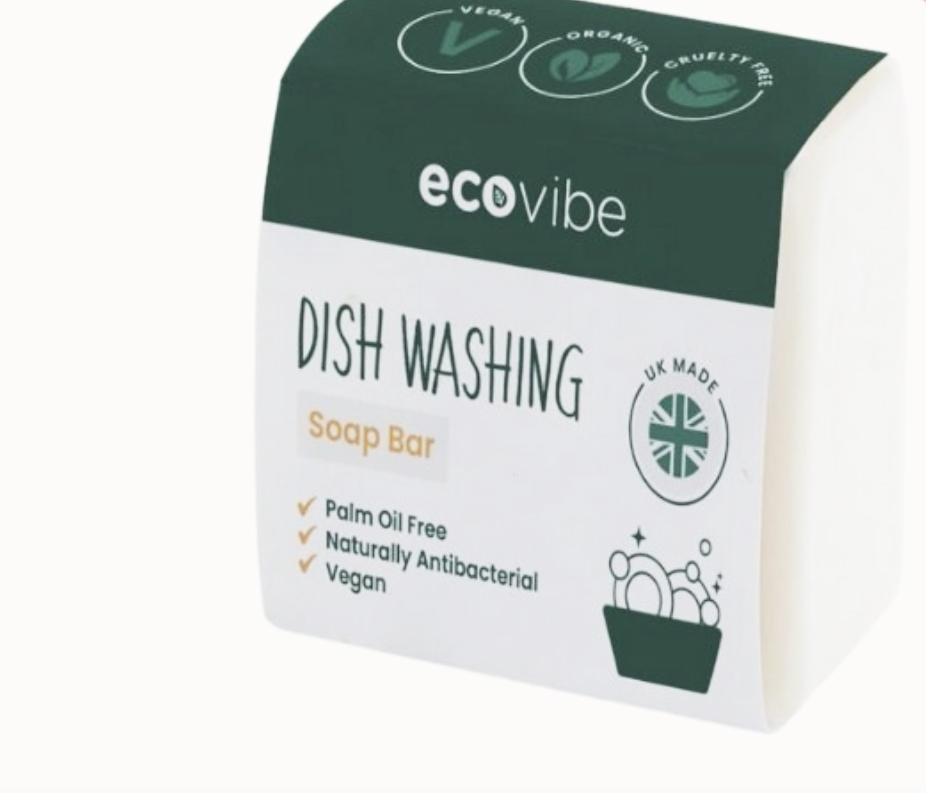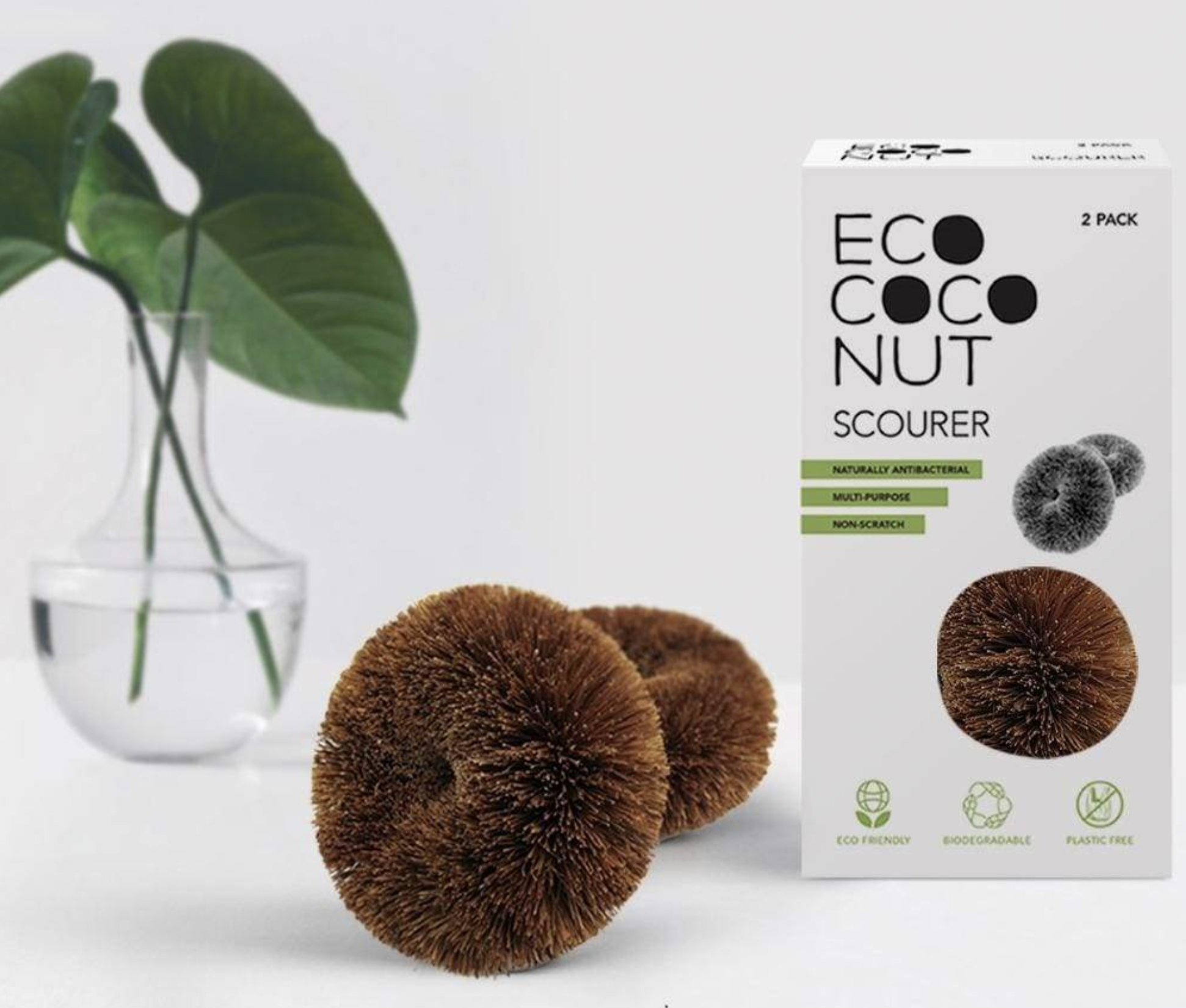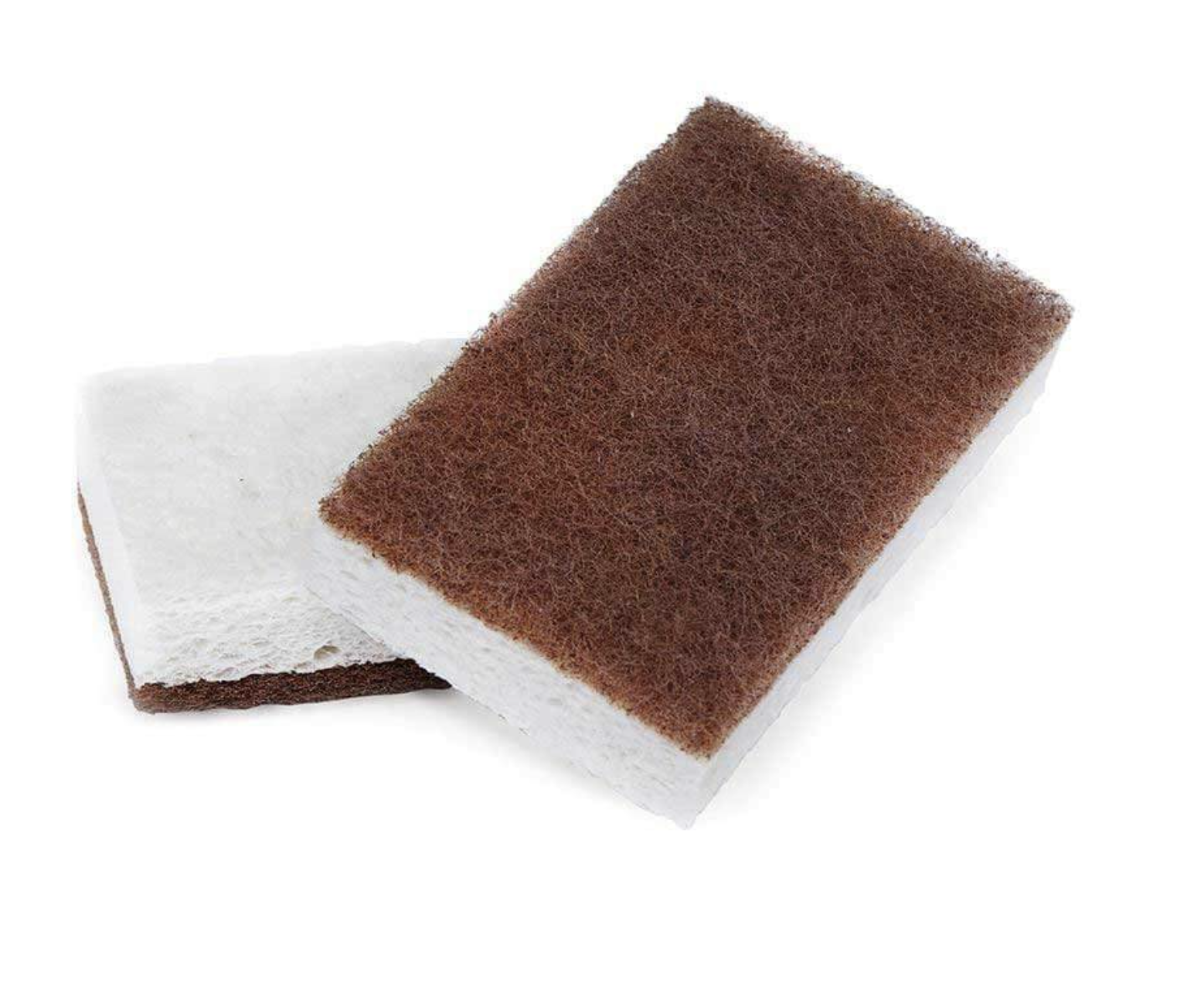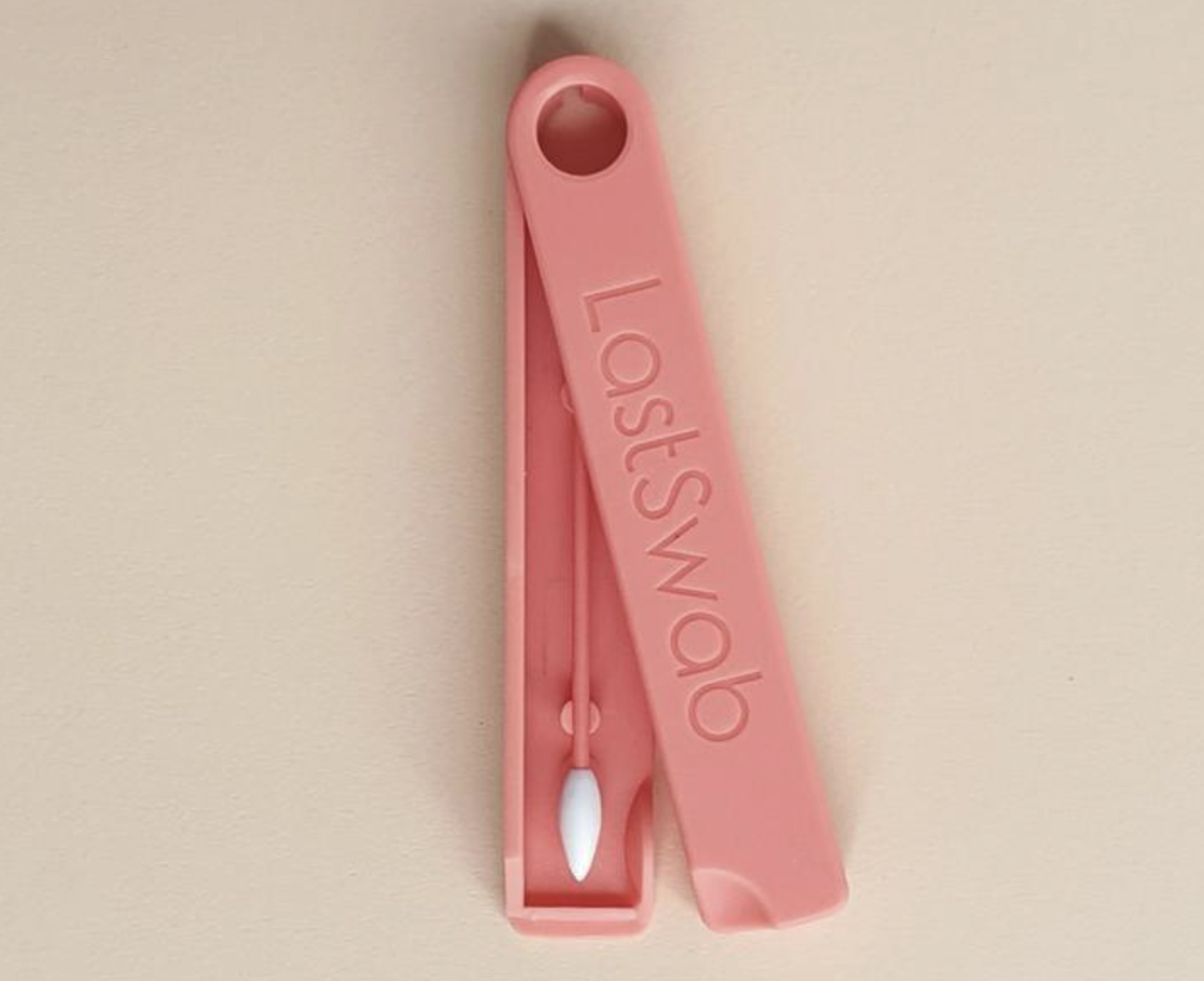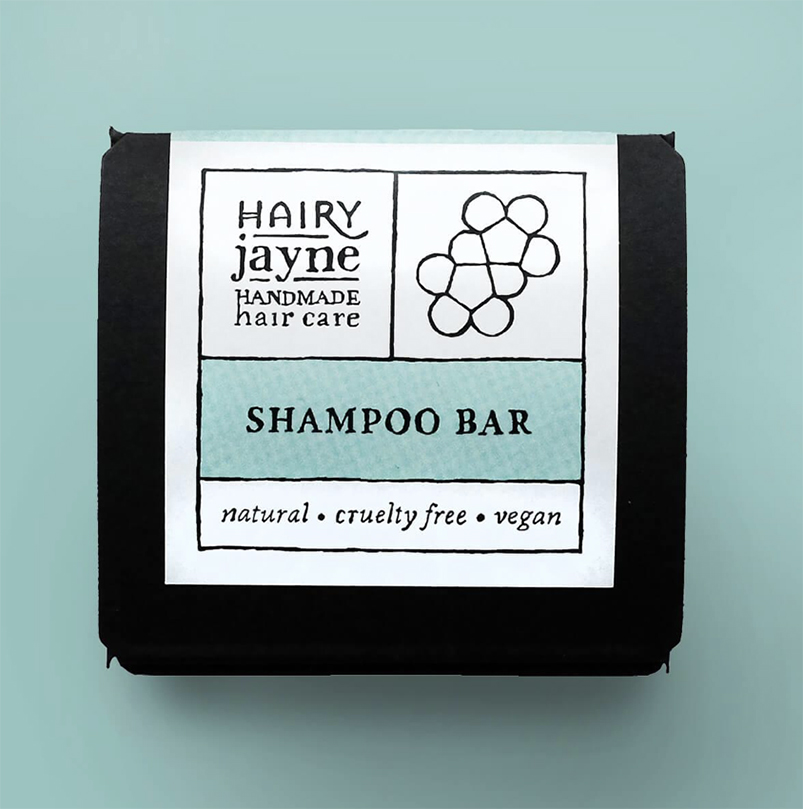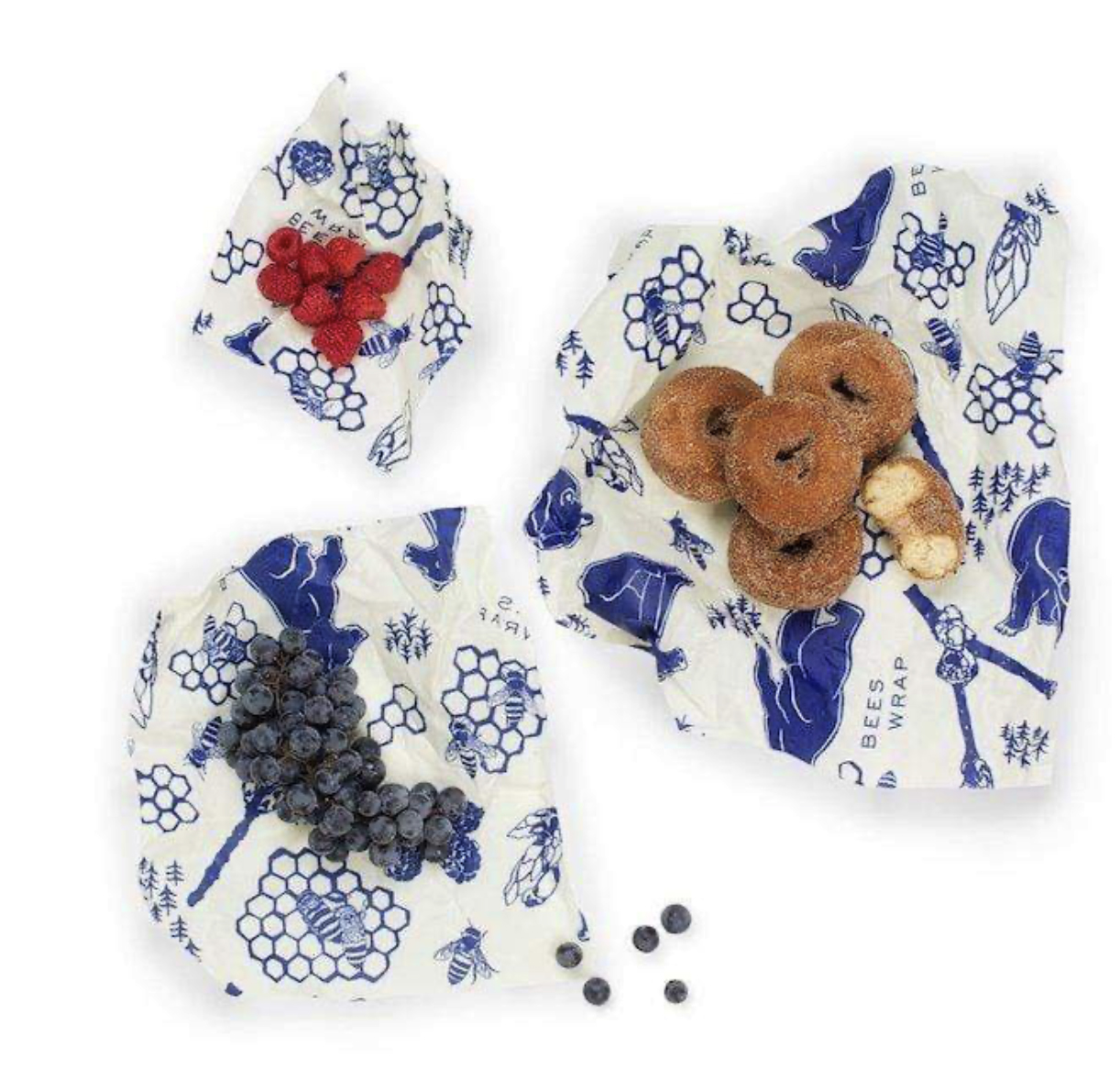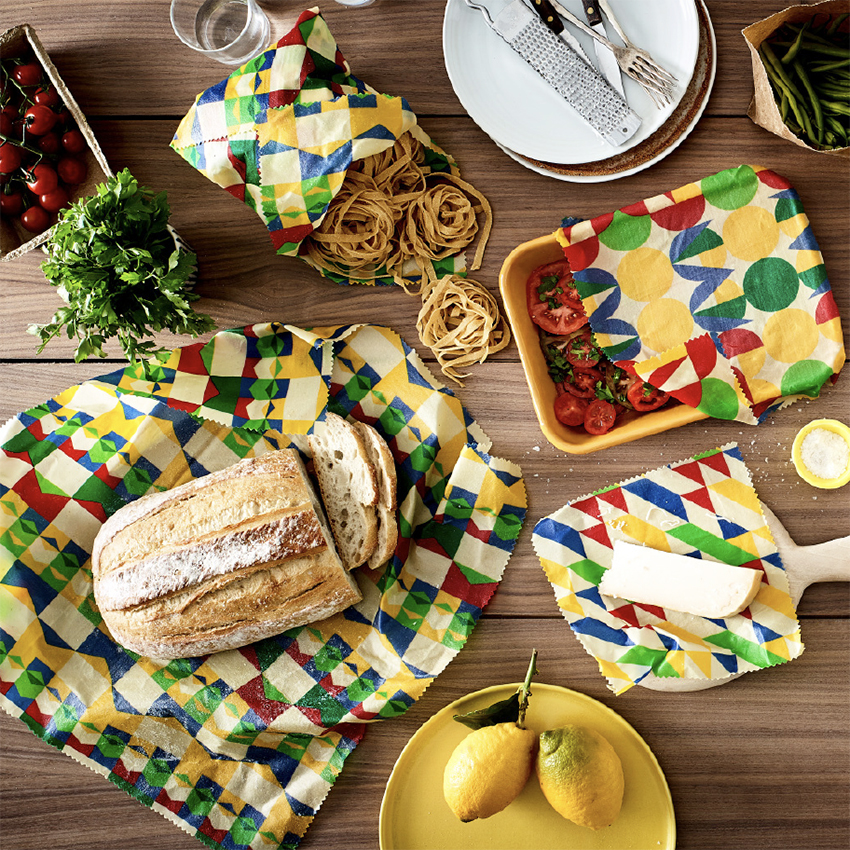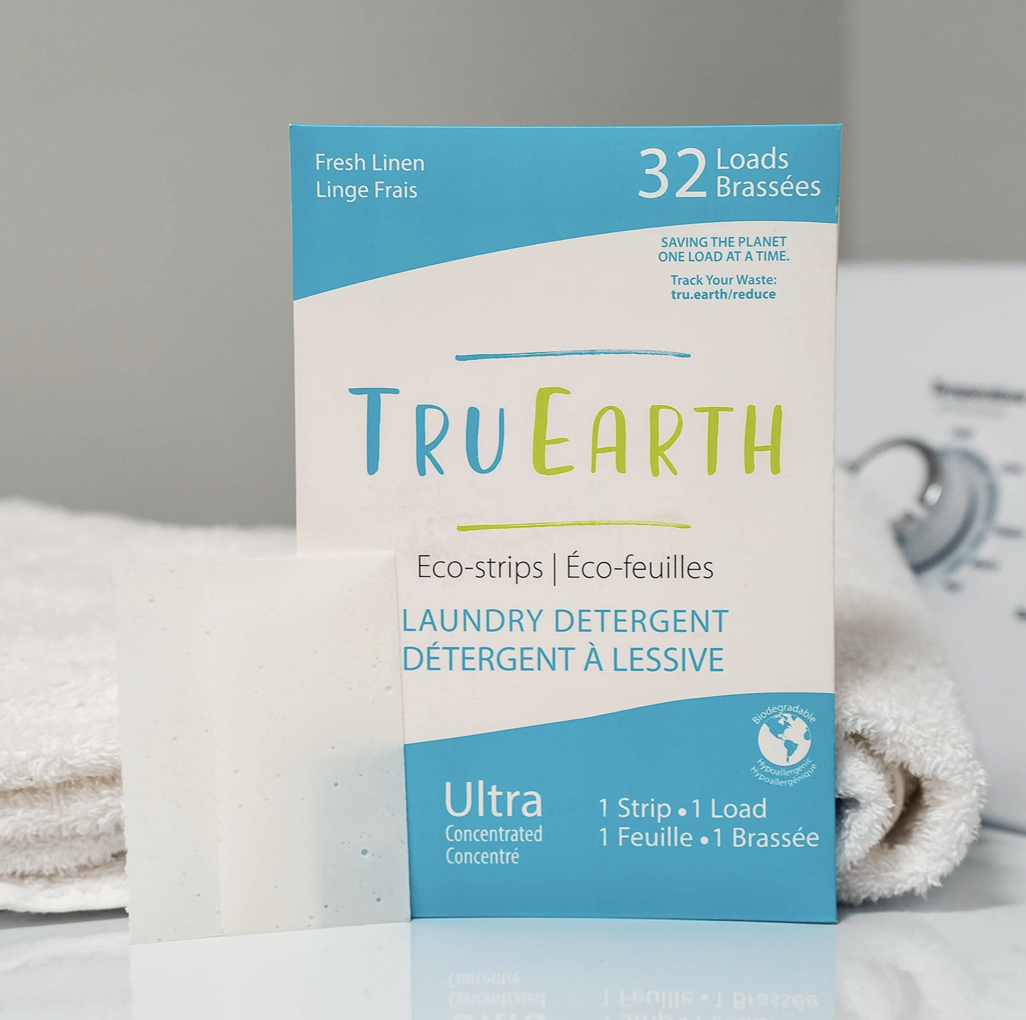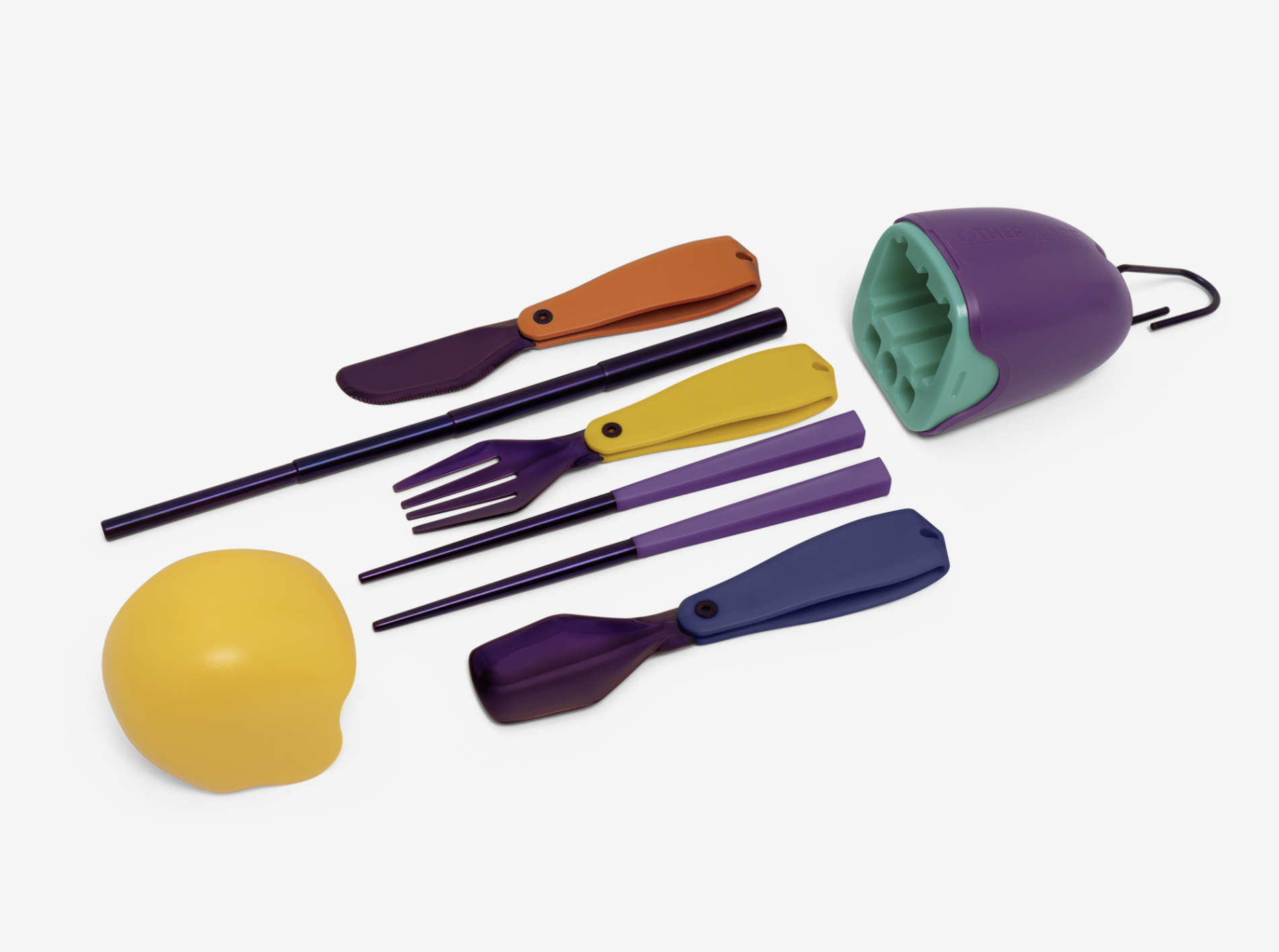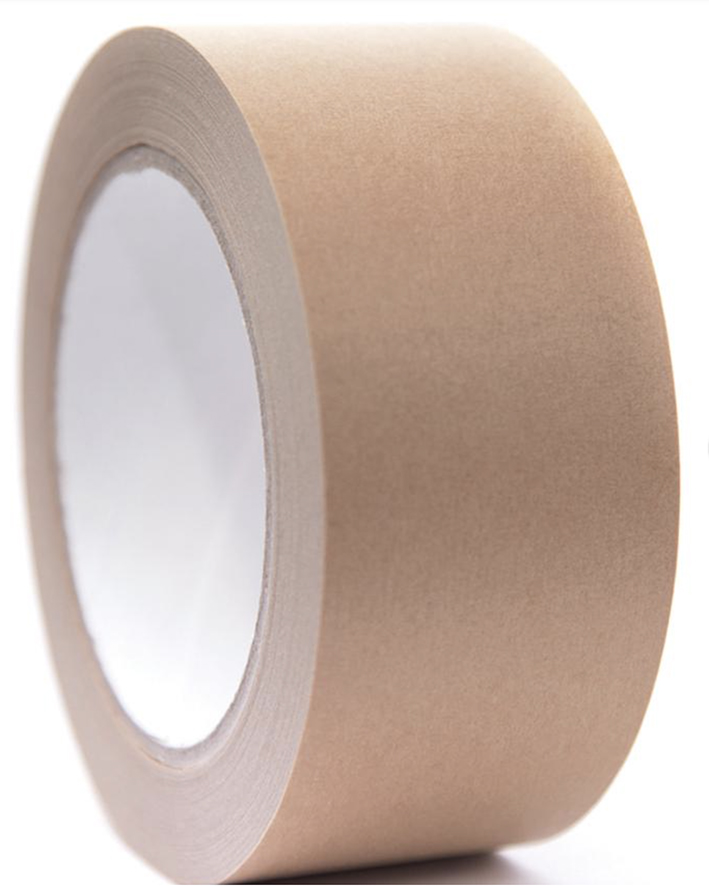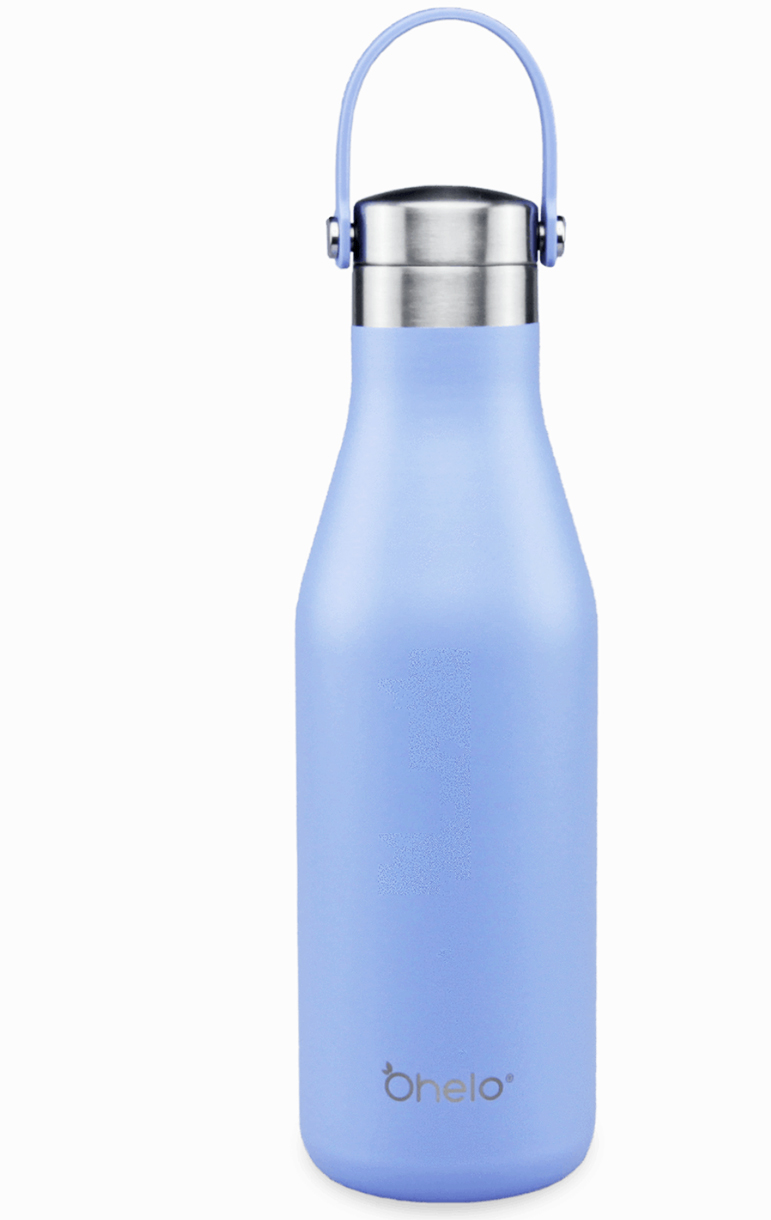Sustainability: switch to more eco friendly household products
You're probably on the case, but if you've been too busy to get down to your eco living due diligence, here are some products to consider switching to help reduce the amount of single-use plastic you buy - and so cut your carbon footprint. And get 'em in the post if you loathe going shopping
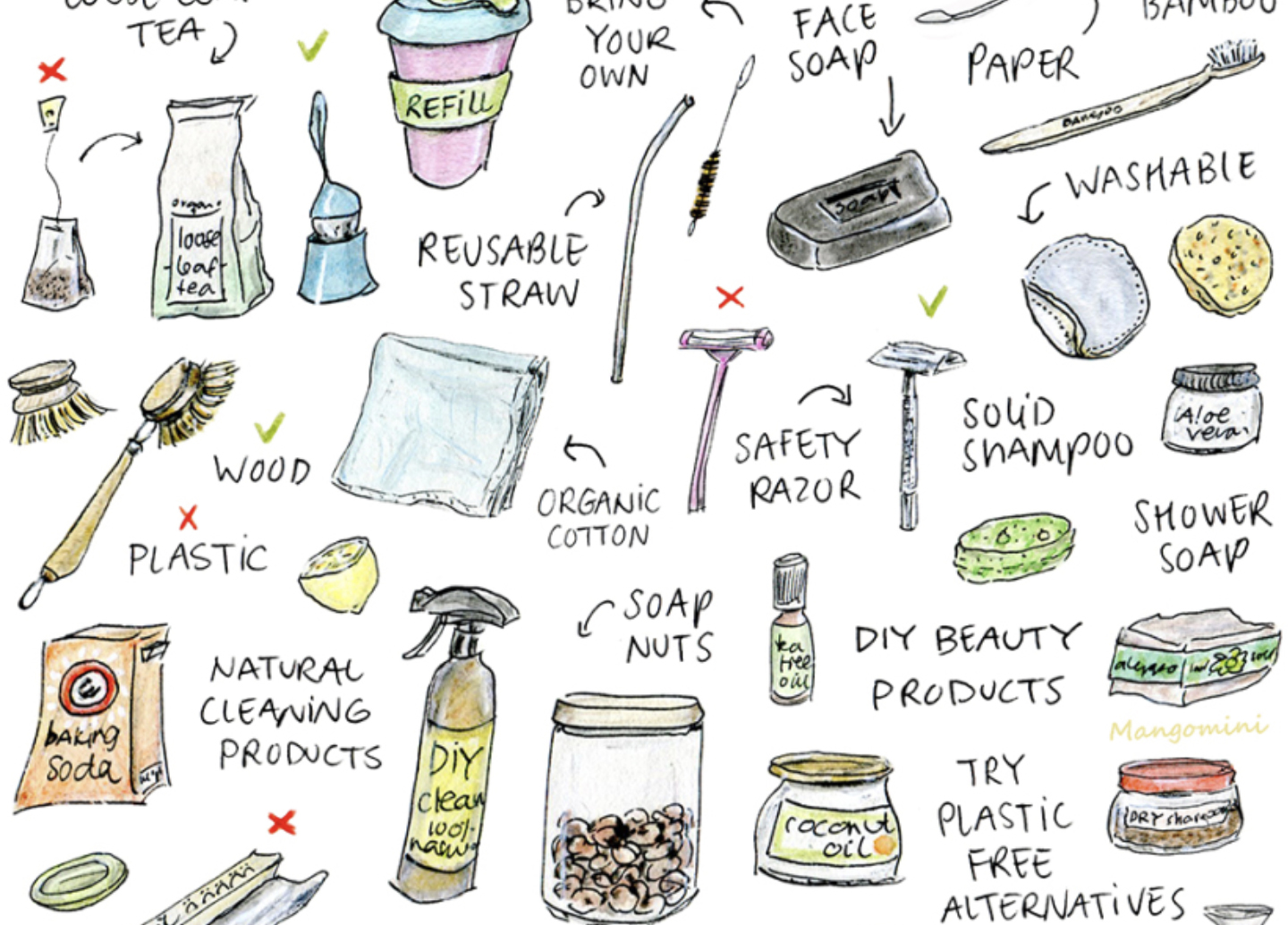
It's easy to think there's little we as individuals can do to help stop climate change. But remember lots of individuals = collective action and that does impact the world we live in. So switch to bamboo toothbrushes, toothpaste in tab form, solid bars of shampoo, dishwasher tablets and laundry capsules that are 100 per cent plastic free...the list goes on as people get ever more creative with non plastic materials. Such as plantable stationery..perfect for all the printed stuff you need for weddings
I would like to vouch for certain products that I've switched to in a bid to being more eco friendly.
One is Smol plastic-free dishwasher tablets and laundry capsules. They aren't hideously expensive, they come in the post and you say when you want them. I also use biodegradable laundry strips (Tru Earth is one maker you can try). On the personal care side, I love my Nuddy shampoo bar - no more huge bottles of Tresemme or Pantene for me, just a cardboard box with a bar of shampoo in it that has so far lasted for 6 weeks, used to wash my hair every three days. I also like Savon Stories' solid moisturising bar - called Renewal Concenrate Lotion Melt. Again, no more large plastic bottles of body lotion. Gosh the bathroom's feeling spacious these days..
I have had a hot/cold steel drinks bottle for ages (Ohelo and Chilly's are names you'll know), which is brilliant, and last year bought a set of reuseable bamboo cutlery for when I'm out. What else have I got into...ah yes, toothpaste tabs because toothpaste tubes are hard-to-recycle plastic. With tabs, you just chew one for a few seconds then brush for the requisite two minutes. They come in compostable bags - of course they do.
Also it's good to know there are not only solid shampoo bars / shampoo cubes which are as good as bottled brands - ie which don't leave your hair like matted straw - but you can get bars of hair conditioner. Authentic House makes them as does Friendly (as well as solid bars of shampoo and moisturiser) and I will be trying one out any day now, so let's hope it smooths my flyaway tresses.
On the cleaning front, it's time to ditch those yellow sponges with a green scourer on top which lots of us use for cleaning and washing up. They are made from synthetic sponge, so join me in switching to coconut scourers and recycled PET plastic sponges with a layer of crushed walnut shell scourer. Australian brand Eco Coconut is widely available from UK online sellers. Dishcloths - switch to cellulose and cotton cloths such as those from Jangneus. They come in a host of vibrant designs, they last a good few months and when they're done you can just sling them on the compost heap or into your countertop compost bin. Likewise check out the fabulous eco products at Ecogreen Turtle.
And surely clingfilm is definitely one to drop from the supermarket shop. I think they're quite pricey and presently use tinfoil, but more people are getting into beeswax food wraps - pieces of (ideally) organic cotton covered with a sustainable food-grade wax, which you use to wrap up leftovers, or to cover the top of a bowl with leftover food in it. They're self-sealing and you can put them in the freezer too. The point of them is to keeps foods fresher for longer. Check out Abeego and The Beeswax Wrap Company - the latter has teamed up with chef Prue Leith to design some very jauntry food wraps. Prices from £9.50.
Returning to portable cutlery, German circular economy brand Pentatonic has teamed up with Pharrell Williams' eco venture Otherware to produce Pebble. It weighs the same as a smartphone and contains all the cutlery you'll need when out and about. The case is made from recycled CDs, the cutlery handles are made from recycled food packaging and the tips of the cutlery..the bits that go in your mouth.. are stainless steel. A Pebble costs 49 euros, it'll last for a very long time and the whole thing is 100% recyclable. Grab when you can as Pebbles seem to be permanently sold out..
Get people used to the idea of planting out anything on paper....Leicester-based Seedprint offers all manner of biodegradable paper products which are infused with seeds so recipients can plant them out and grow flowers. So much more eco than putting paper in the recycling bin!
Last Swab from Last Object (a fairly new Scandinavian startup) will be of interest to users of the tiny eco disaster that is the cotton bud. The're reuseable buds that come in a little carry case and they're good for at least 1,000 washes. They are made from plastic and when you scroll through the FAQs the company says they products should be recycled as plastic waste - which means they'll most likely be incinerated by UK councils. But they win on the longevity argument and they shouldn't end up in the sea assuming you wash yours after use and keep it safe.
